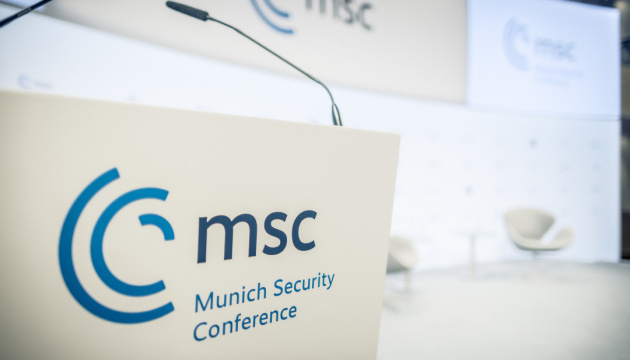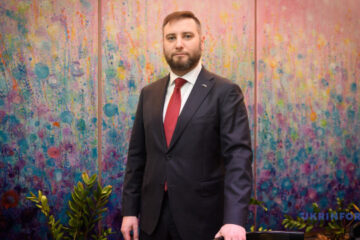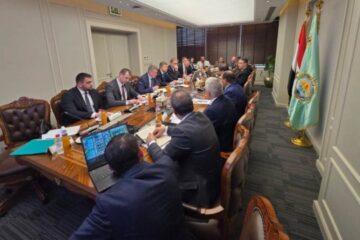
This year’s Munich Security Conference will be attended by around 60 heads of state and government, as well as 150 ministers and heads of international organizations.
Organizers of the 61st conference informed journalists of this, according to a Ukrinform correspondent.
According to the organizers, confirmed participants include European Commission President Ursula von der Leyen, European Parliament President Roberta Metsola, European Council President António Costa, EU High Representative for Foreign Affairs and Security Policy Kaja Kallas, European Commissioner for Defense Andrius Kubilius, NATO Secretary General Mark Rutte, and representatives from the United Nations, among others.
German Defense Minister Boris Pistorius will also speak at the conference. Additionally, all candidates for the position of German Chancellor in the upcoming elections will be present, including incumbent Chancellor Olaf Scholz (SPD), Friedrich Merz (CDU), Robert Habeck (Greens), and Christian Lindner (Free Democratic Party).
The invitation list does not include representatives of the far-right party Alternative for Germany (AfD) or the left-wing Sahra Wagenknecht Alliance. According to conference chairman Christoph Heusgen, these parties do not adhere to the conference’s core principle of “peace through dialogue.” He also recalled how members of both parties walked out of the Bundestag during Ukrainian President Volodymyr Zelensky’s speech in June last year, and the organizers wish to avoid a similar situation at the conference (Zelensky’s participation has not been officially confirmed, though it is expected). Additionally, Germany’s Federal Office for the Protection of the Constitution (counterintelligence) classifies certain AfD factions as dangerous and far-right extremist.
The conference will take place from February 14 to 16, just a week before Germany’s federal elections.
As previously reported, the Munich Security Conference has been held in the Bavarian capital every winter since 1963, with rare exceptions. The event is regarded as the most influential global gathering of security policy experts.
Source: Around 60 heads of state and government expected at Munich Security Conference



